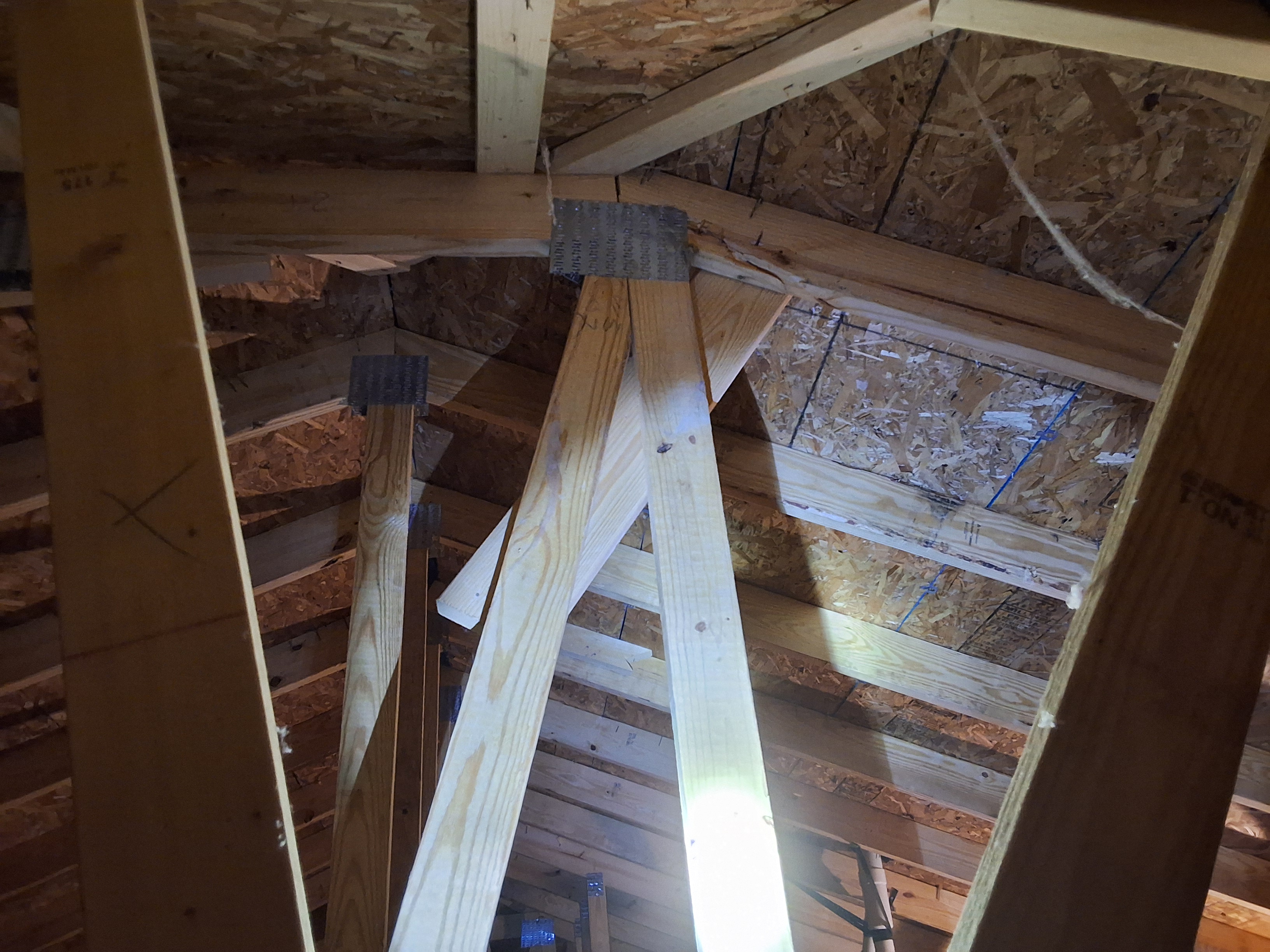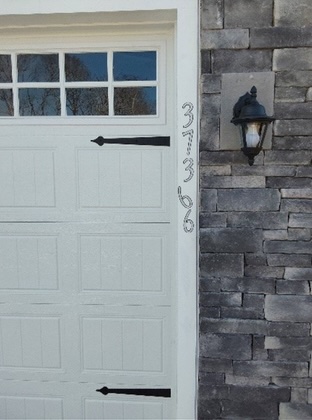Some people genuinely believe that new is better, no matter what. Major manufacturer’s offer warranties for the materials and products used in home construction; however, they also include specific installation instructions that, if not followed, will void the warranty. Assuming that all workers on the job site have read and understand these instructions is naïve in the extreme. If something is incorrectly installed or damaged during or following installation, it will not be covered under the manufacturer’s warranty.

There are somewhat perverse incentives to avoid scrutiny of a newly constructed home. Sales associates do not get as much commission from a builder-direct listing agreement, so there’s more than the normal amount of avoidance towards scrutiny of product/home construction quality. Builders do not want delays in getting to closing, much less the additional labor and material costs associated with defects, because these cut into profits. Unsold units are even more of a burden than unsold inventory because they must be conditioned, maintained, and insured until they’re sold. Governance wants to get the new owners paying those property taxes as soon as possible and wants to use the completion stat as proof that the regional housing scarcity is being addressed (it’s just affordable housing, but that fact is often left out). Finally, mortgage companies want the payments yesterday, and holding up occupancy/closing is counter to that goal. Seems as though the only one truly concerned with building quality is the buyers themselves, which, for the most part, has been our experience as well.

Sussex and Kent Counties, along with their township governments, have no consistency in terms of compliance inspections and code enforcement. Most new arrivals do not know that the inspectors ensuring compliance with building codes, etc. are not members of state or local governments. Rather, it is a select few private businesses that conduct most of these inspections for profit from plan reviews, inspection fees, etc. The reason other states (VA, DE, et al.) don’t operate this way is because most want to exercise impartial enforcement of building and residential safety standards—the “justice is blind” approach. So, on the job site, this manifests itself into a tribal knowledge scenario where workers do not know much about the processes and agreements made between local governments, area builders, and these select private inspection businesses. With no checklist or readily explainable processes in place, there is simply no practical way to prevent erosion of public confidence what can easily devolve into a quid-pro-quo arrangement. As Machiavelli said, “absolute power corrupts absolutely.”

.svg)